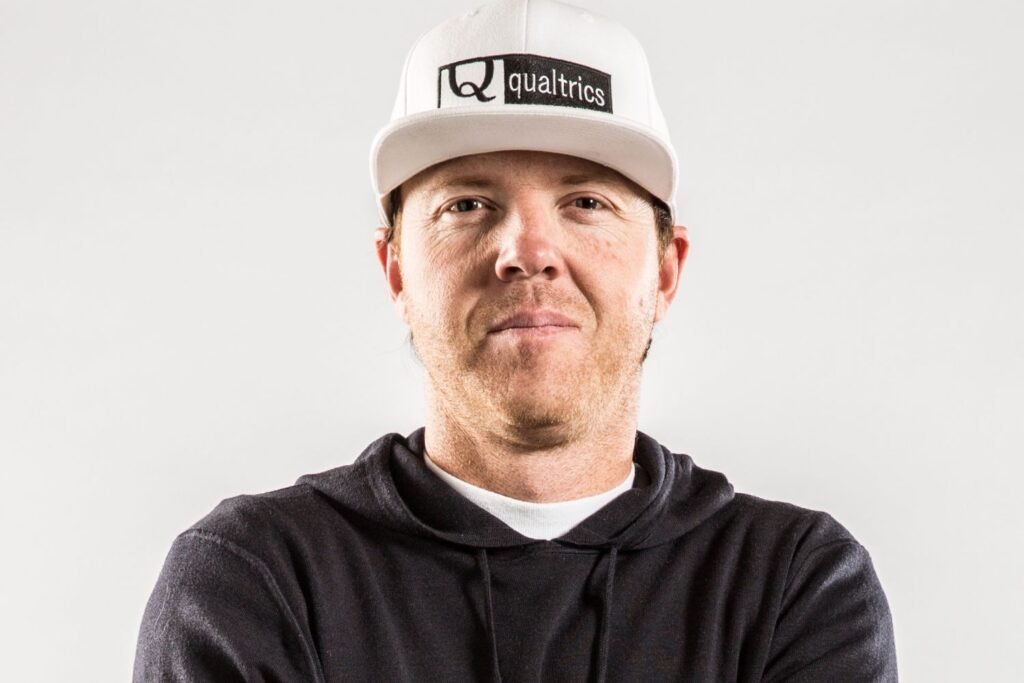Each week in the quiet market town of Leek, Staffordshire, the sounds of “Highway to Hell,” “YMCA,” and Pink’s “I’m Coming Out” fill the air, creating a unique counter-protest. The playlist, curated by the local community, serves as a response to homophobic and transphobic language used by religious preachers in the town.
Ryan Smith, a 21-year-old Leek resident, spearheads the protest, armed with a speaker, charger, and collection of tunes that celebrate the LGBT community. What began as a lighthearted yet frustrated reaction to the preachers’ weekly presence has blossomed into a larger movement, supported by dozens of people.
Ryan explains that his protest was inspired by the preachers’ messages, which he describes as “borderline hate speech.” He recalls seeing them regularly deliver homophobic and transphobic sermons, an issue that some residents say has existed since the 1980s.
“I’m preaching love instead,” Ryan declares, emphasizing his message of inclusivity. He posted his plans to play music in protest on a local Facebook page, where it received an overwhelmingly positive response with hundreds of likes and supportive comments. Since then, many in the community have contributed song suggestions to his playlist.
A Divided Town
However, not everyone in Leek agrees with Ryan’s approach. Alan Howard, a 77-year-old preacher who regularly visits the town, believes Ryan’s protest draws more attention to the preachers’ message rather than diminishing it. Alan insists that he and his group are delivering the “love of God,” dismissing accusations of hate speech.
“Nothing or no one will ever stop preaching,” says Alan, who remains steadfast in his mission, viewing it as a lifelong calling.
Local business owners like Georgina Arapi, who runs Café Apollonia, have also felt the impact of the preachers. Georgina explains that her customers were disturbed by the preachers’ megaphones and divisive messages. She noticed fewer people sitting outside her café and eventually contacted the police, who asked the preachers to avoid her premises.
Personal Stories of Abuse
For some, the preachers’ language has had a more direct and personal effect. A local lesbian woman, who wished to remain anonymous, shared her experience of being targeted by the preachers. She recalls being berated for her sexuality, with the preachers telling her she was a “sin of nature.” Although she identifies as Catholic, she believes that there is a time and place for religious expression and now avoids the town center when the preachers are present.
Local Government and Police Response
Councillor Bill Cawley, who has lived in Leek for many years, first became aware of the issue in 2022 when he served as mayor. He expressed concern that the preachers’ words jeopardized the town’s reputation for tolerance and friendliness. In response, the Staffordshire Moorlands District Council has released a code of conduct for buskers and preachers, encouraging the community to report any nuisances. However, since August 2023, neither the council nor the police have received formal complaints about the preachers.
Despite this, Ryan Smith remains committed to his musical protest, with plans to print t-shirts in support of his campaign. As tensions between the preachers and the community continue, Ryan and his supporters hope that love, not hate, will echo through the streets of Leek.
